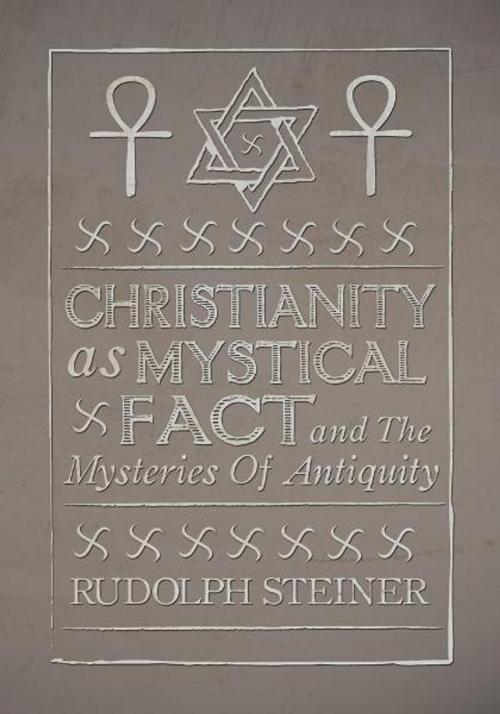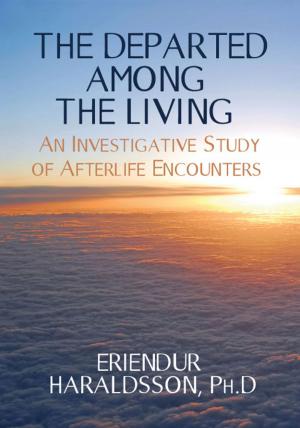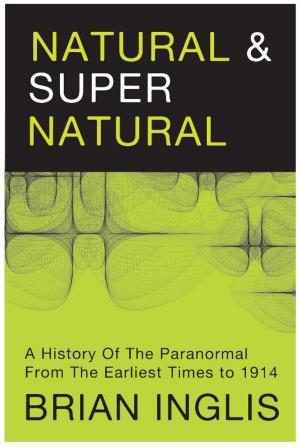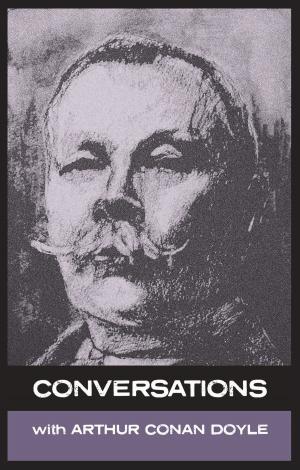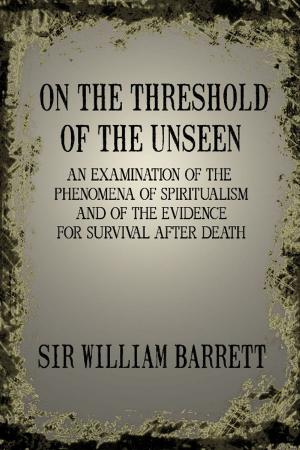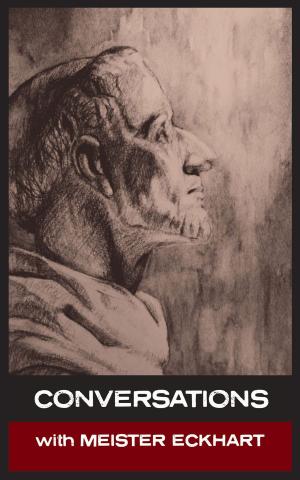| Author: | Rudolf Steiner | ISBN: | 9781907661693 |
| Publisher: | White Crow Productions Ltd | Publication: | January 25, 2012 |
| Imprint: | White Crow books | Language: | English |
| Author: | Rudolf Steiner |
| ISBN: | 9781907661693 |
| Publisher: | White Crow Productions Ltd |
| Publication: | January 25, 2012 |
| Imprint: | White Crow books |
| Language: | English |
Christianity As Mystical Fact was compiled from a series of lectures Rudolf Steiner gave in 1902. It was an attempt to explain the mystical qualities of Christianity and it’s evolution from pre-Christian times to the resurrection. The book has become one of Steiners most well known works and it gives us a deeper and richer understanding of the esoteric roots and meaning of Christianity.Steiner, not satisfied with scratching the surface of traditional Christianity, sought to unearth its mysteries, and his words are reminiscent of a latter day near-death experiencer when he writes in chapter 2; He acknowledges the existence of the gods, but knows that the ordinary ideas about them do not solve the great problems of existence. He seeks a wisdom, which is jealously guarded by a community of priest-sages. His aspiring soul seeks a refuge in this community. If he is found by the sages to be sufficiently prepared, he is led up by them, step by step, to higher knowledge, in places hidden from the eyes of outward observers. What then happens to him is concealed from the uninitiated. He seems for a time to be entirely removed from earthly life and to be transported into a hidden world.When he reappears in the light of day a different, quite transformed person is before us. We see a man who cannot find words sublime enough to express the momentous experience through which he has passed. Not merely metaphorically but in a most real sense does he seem to have gone through the gate of death and to have awakened to a new and higher life. He is, moreover, quite certain that no one who has not had a similar experience can understand his words.Christianity as Mystical Fact is required reading for anyone interested in Christian Mysticism.
Christianity As Mystical Fact was compiled from a series of lectures Rudolf Steiner gave in 1902. It was an attempt to explain the mystical qualities of Christianity and it’s evolution from pre-Christian times to the resurrection. The book has become one of Steiners most well known works and it gives us a deeper and richer understanding of the esoteric roots and meaning of Christianity.Steiner, not satisfied with scratching the surface of traditional Christianity, sought to unearth its mysteries, and his words are reminiscent of a latter day near-death experiencer when he writes in chapter 2; He acknowledges the existence of the gods, but knows that the ordinary ideas about them do not solve the great problems of existence. He seeks a wisdom, which is jealously guarded by a community of priest-sages. His aspiring soul seeks a refuge in this community. If he is found by the sages to be sufficiently prepared, he is led up by them, step by step, to higher knowledge, in places hidden from the eyes of outward observers. What then happens to him is concealed from the uninitiated. He seems for a time to be entirely removed from earthly life and to be transported into a hidden world.When he reappears in the light of day a different, quite transformed person is before us. We see a man who cannot find words sublime enough to express the momentous experience through which he has passed. Not merely metaphorically but in a most real sense does he seem to have gone through the gate of death and to have awakened to a new and higher life. He is, moreover, quite certain that no one who has not had a similar experience can understand his words.Christianity as Mystical Fact is required reading for anyone interested in Christian Mysticism.
